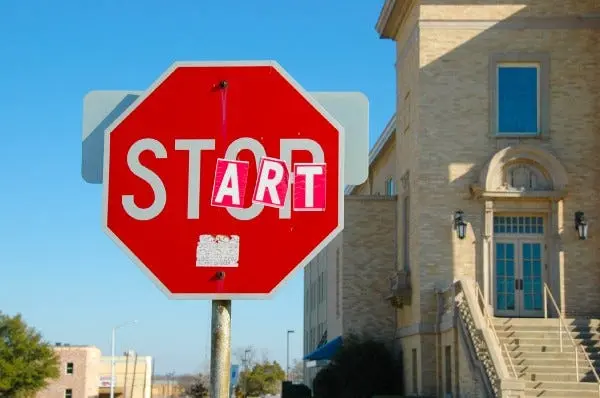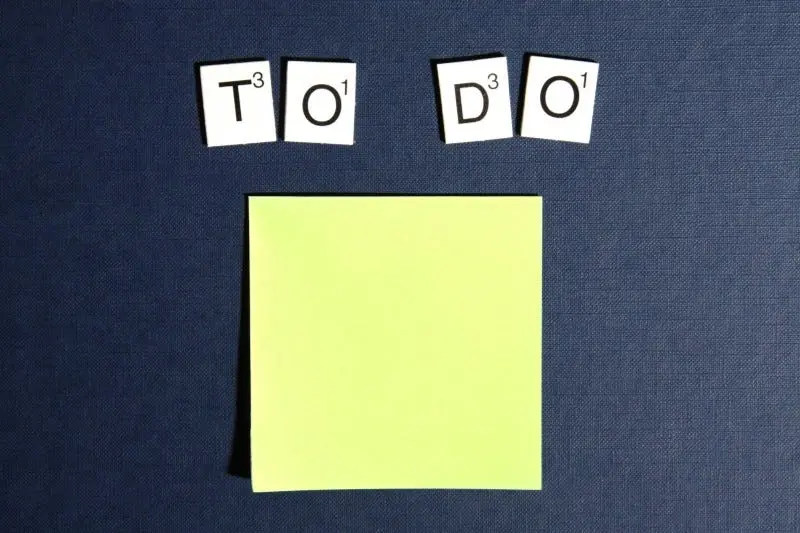
Traditionally, work needs managers. Employees depend on them for permission before making decisions. Managers feel good because they get to help, and employees feel good because they get support.
But there’s a problem. This co-dependent relationship might serve some primal social instinct, but it has nothing to do with the organization’s purpose. The conventional management hierarchy has upsides (and historically it has worked well), but increasingly we see its limits.
The Holacracy approach to self-management offers a solution, but if you want to work in a self-managed company, you’re going to have unlearn some habits that previously served you well.
Changing habits is no small task. According to Duke University, about 40% of what you do isn’t a conscious decision; it’s a habit (more here). We’re only running the show about 60% of the time.
Since habits are automatic, we don’t often even know we need to change them. So, how do you strategically support habit change across a whole organization? Well, HolacracyOne’s approach integrates the very latest research on habits with our experience of helping hundreds of clients build their Holacracy practice to create a unique learning approach.
Here’s a breakdown of the basic principles that guide our approach to habit change:
Honor autonomy.
Changing the habits of an entire organization comes down to changing the habits of individuals.
Eventually, enough people practicing a new habit becomes a new social norm. To focus on changing “the group” misses the point.
Instead, speak directly to the individuals involved and acknowledge their right to make their own individual decisions. Be honest with them. Educate them. Proactively ask them to experiment and try new things. Otherwise, they’ll never get far enough to experience the benefits of the new habit themselves.
Make it conscious.

Since habits are largely unconscious, you need to shed light on the most critical behaviors. Heightened awareness allows each individual to notice when old habits are triggered. In turn, these triggers alert you to the need to practice the new behavior — when X happens, do Y instead.
For example, an important habit for Holacracy practitioners to embrace is to “Clarify references to ‘we.’” The point of identifying this habit is primarily to make people aware of how often the word “we” is used in organizational life, and how often it creates ambiguity.
Here are a few critical behaviors that help bring consciousness to the often unconscious use of the word “we”:
- When you hear the word “we,” ask: “Who do you mean by ‘we?’ Is there a specific role you’re referring to?”
- When a discussion seems to take forever, ask: “Is it clear which role holds the authority to make this decision?”
- When lots of people are pulled into a meeting (or email chain), ask: “Which roles need to be involved here?”
Make it concrete.

Habits are behaviors.
You can’t ask someone to change how they feel or think about something, but you can ask them to consider taking a different course of action.
It’s much fairer to allow everyone the right to think and feel as they wish — you can’t control that anyway. Instead, ask for agreement to or consideration of a new behavior.
A Holacracy practice is built on a series of paradigm-shifting behaviors, like processing tensions and clarifying roles and role-ationships. However, each of these “umbrella” habits is made up of numerous small, specific behaviors — new ways of acting that add up to a new paradigm. To make the shift, it’s helpful to identify and describe the habit changes that you would like to see as concretely as possible. For example, “bring at least one agenda item to every tactical meeting,” is far better than, “process more tensions.”
Focus on one habit at a time.

When you’ve identified the habits you want to work on, don’t try to attack them all at once. Pick one at a time, and focus on it for a week or two. This will be enough to begin the process of establishing that habit, although you’ll need to keep practicing for it to truly become automatic.
If you try to change too many habits at once, you’ll find it difficult to remember them all or to notice the triggers. Keep it simple.
Habit expert BJ Fogg explains that simplicity can even substitute for motivation. Meaning, even if you don’t feel a lot of motivation to do something, you may still do it if the task is simple enough. If we’re at dinner and you ask me to pass the salt, I’ll likely do it because it’s such an easy thing to do. The question of motivation never even enters the picture.
Be patient.

Our colleagues at Precision Nutrition, a Holacracy-powered company, are experts in habit change. Founder John Berardi makes a critical observation: “Habit change is easier, but takes longer than most people think.”
No doubt you’ve encountered so-called experts and programs that promise to help you shift a habit in 21 days or 30 days, but the truth is, it typically takes more time than that. Researchers at University College London found that on average it takes about two months before a new behavior becomes automatic, and in many cases it can take much longer — up to eight months.
So don’t be surprised if it takes more time than you might expect to get comfortable with these new behaviors. The good news is, that as Berardi also notes, it’s not as hard as you might think — it just takes patience.
Read “Introducing the Holacracy Practitioner Guide” to find more articles.
To learn more about self-management, join a community of pioneers and check out our e-learning suite → Self-Management Accelerator

